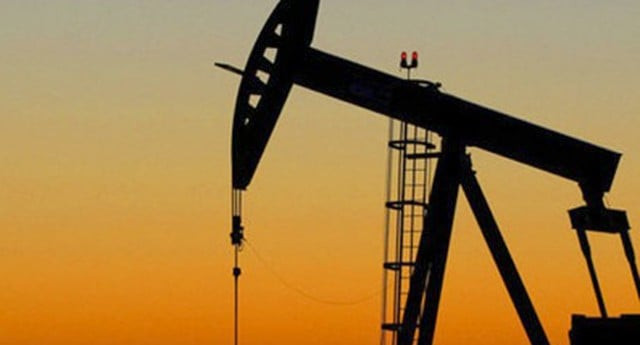Oil falls as OPEC+ set to boost output
Positive manufacturing data in Europe, Asia caps losses

Oil prices fell on Monday on fears about the economic fallout from rising Covid-19 cases around the globe and on oversupply worries as the Organisation of the Petroleum Exporting Countries (OPEC) and its allies are set to wind back output cuts in August.
Brent crude fell $0.18, or 0.4%, to $43.34 a barrel by 1123 GMT and US West Texas Intermediate (WTI) crude was down $0.19, or 0.5%, at $40.06.
In the last month, Brent has been trading in a range of between $41 and almost $45.
“Oil continues to trade in an incredibly range-bound manner,” said Warren Patterson, ING’s Head of Commodities Strategy.
“Speculators appear to be getting more nervous about the demand recovery, with the path much more gradual than market expectations coming into the second half of the year,” he added.
Coronavirus cases continued to surge in the United States and stood at almost 18 million globally. More countries imposed new restrictions or extended the current ones to control the pandemic.
Amid slow recovery of fuel demand due to the resurgence of the virus, investors are also worried about oversupply as OPEC and its allies, known as OPEC+, will ease oil supply curbs from August.
“Concerns appear to be developing that a rise in OPEC+ production will coincide with uneven recovery in oil demand due to localised setbacks following secondary waves of Covid outbreaks,” said Harry Tchilinguirian, Head of Commodity Research at BNP Paribas.
OPEC+ members have been cutting output since May by 9.7 million barrels per day (bpd). From August, cuts will officially taper to 7.7 million bpd until December.
Russian oil and gas condensate output increased to 9.8 million bpd on August 1-2 from 9.37 million bpd in July, a source familiar with data said on Monday.
However, oil prices found some support after a survey showed that manufacturing activity across the euro zone expanded for the first time since early 2019 last month. Positive manufacturing data in Asia also capped the losses.
A Reuters’ poll on Friday indicated that oil is set for a slow crawl upwards this year as the gradual easing of coronavirus-led restrictions buoys demand, although a second Covid-19 wave could slow the pace of recovery.



















COMMENTS
Comments are moderated and generally will be posted if they are on-topic and not abusive.
For more information, please see our Comments FAQ